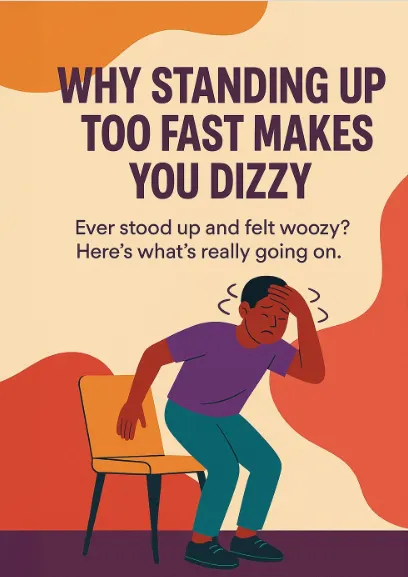Ever Stood Up Too Fast? Here’s Why the World Spins
So how can you stop this mini rollercoaster from happening? The best trick is the simplest one: take your time.
Related Articles
Is Government of India’s Smart Cities Mission a failure?
The Government of India launched ‘Smart Cities Mission’ in 2015 with the aim to develop 100 cities with core infrastructure, a clean & sustainable...
अमेरिकी सीनेटर रॉन जॉनसन का दावा-‘पूर्व-नियोजित था कोविड!’ दुनिया भर में मचा राजनीतिक- वैज्ञानिक घमासान !
अमेरिकी सीनेटर रॉन जॉनसन के कोविड को लेकर दिए हालिया बयान ने मचाई हलचल! ‘Covid पूर्व-नियोजित था’! वैज्ञानिकों और स्वास्थ्य विशेषज्ञों ने बयान को...
BMC Election Horse Trading: एकनाथ शिंदे को सताया पार्षदों के हॉर्स ट्रेडिंग का डर, सभी पार्षद 5-स्टार होटल में कैद
BMC Election Result सामने आते ही मुंबई की राजनीति में हलचल तेज हो गई है। बीएमसी में सत्ता का गणित उलझा हुआ है और...


